Crossrail trains to be sold and leased back by TfL
Transport for London have announced they will sell Elizabeth Line trains for £1 billion to a consortium including Nat West then lease back for 20 years.
This is a first for TfL and is being used for a short term cash injection to purchase new trains for the Picaddilly Line. TfL’s financial difficulties have driven them to take this path. It’s a model common on the privatised rail system where it has not been without criticism.
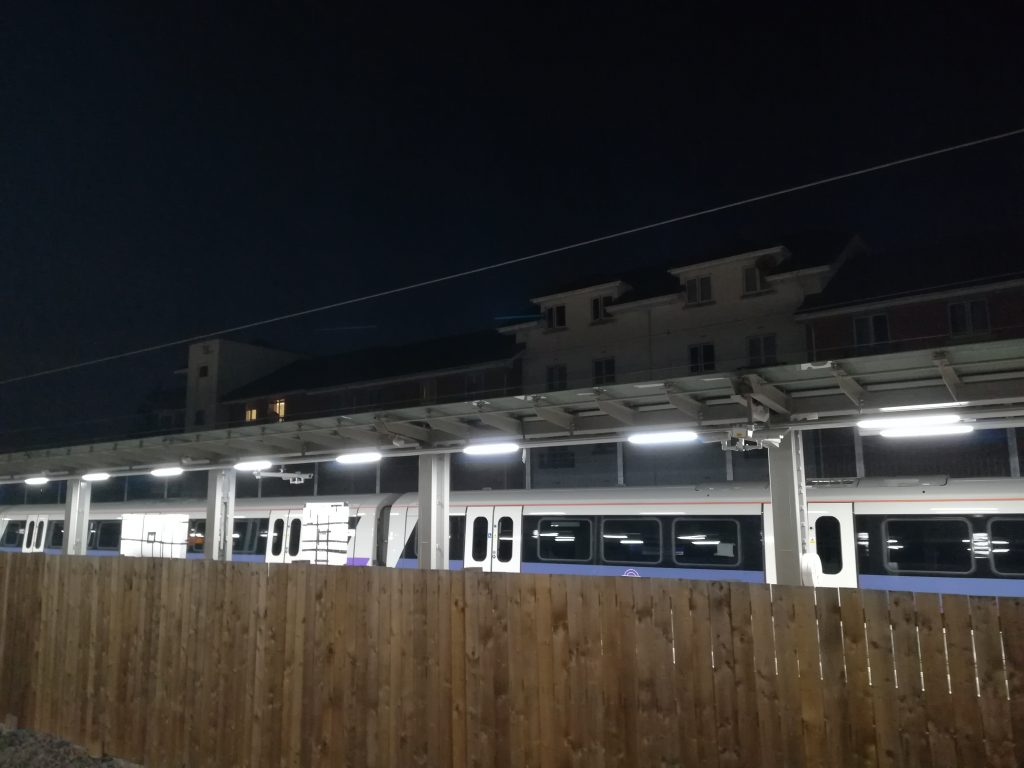
So what’s the issue? Well, it can cost more over the long term for one. Many people think rail companies like Southeastern own the trains they run – which is not the case. They lease them. Which means agreeing upgrades or stock moves is a long-winded process between the franchise, the owner and the Department for Transport who have to sign it off (and sometimes refuse to do so).
That convoluted partnership is at least absent with TfL.
When the rail network was privatised stock was sold to leasing companies who have made tidy sums leasing stock now up to 40 years old – and not exactly new back in the mid-’90s. British Rail had already bought and paid for some of it before sold for leasing.
Some stock today is leased at very high costs – and we get here to how this could impact upon Southeastern. South West Trains ordered brand new stock which has barely been in service for a couple of years and is now going off-lease. The replacement franchise wanted to avoid high leasing costs for Class 707s.
But that leaves a potential political embarrassment. Almost new stock rusting in sidings whilst 30-40 year old stock continues running elsewhere. So it’s now looking very possible those high leasing cost 707s will come to Southeastern – with their newer 12 year old Class 376s sent away. It offers very little capacity boost as things stand – 30 five-carriage trains will go and 30 five-carriage trains will come in. But leasing costs could jump – which is passed onto passengers.
Mind you, this is dependent on what happens with the next Southeastern franchise. The DfT are likely to scrap it if sources are to be believed (with possible compensation then due of £30 million which would’ve paid for many new trains) and then either award yet another direct extension to GoVia or it’s taken over by a state-owned franchise.
That could well be the least politically embarrassing on the surface (most of the media won’t delve much deeper) yet the DfT themselves saw heavy cuts by George Osborne in 2015, and since then Grayling’s continual cock-ups have wasted large amounts of a diminished budget.
Running a site alone takes time and a fair bit of money. Adverts are far from enough to cover it and my living costs as a private renter.
You can support me including via Paypal here Another option is via Patreon by clicking here You can also buy me a beer/coffee at Ko-fi here There's also a Facebook page for the site here Many thanks
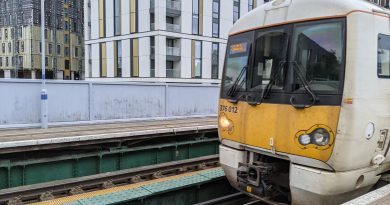
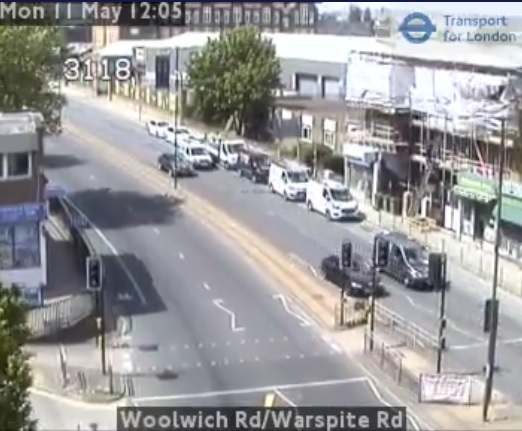
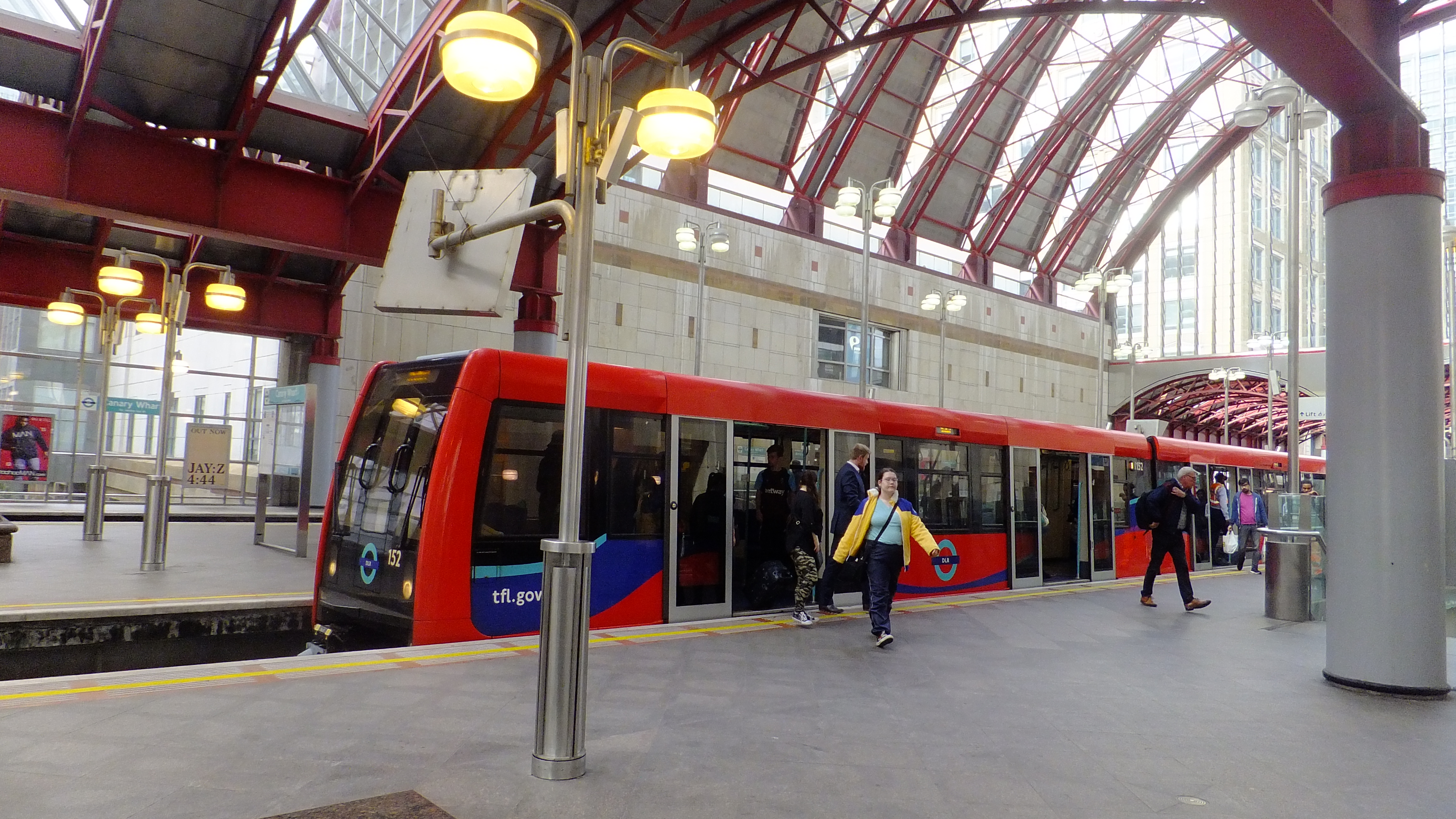
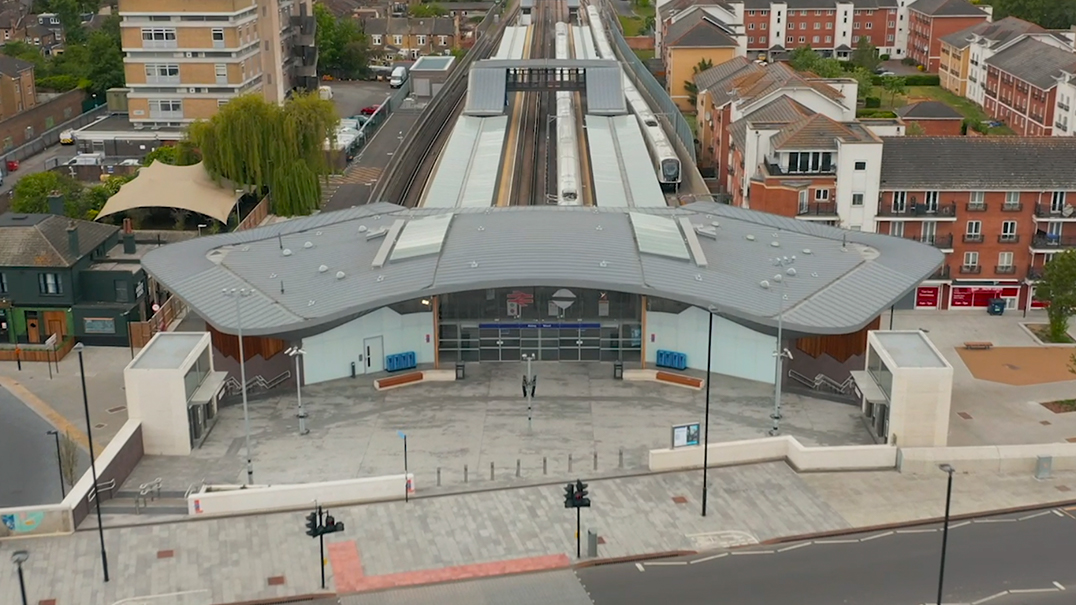
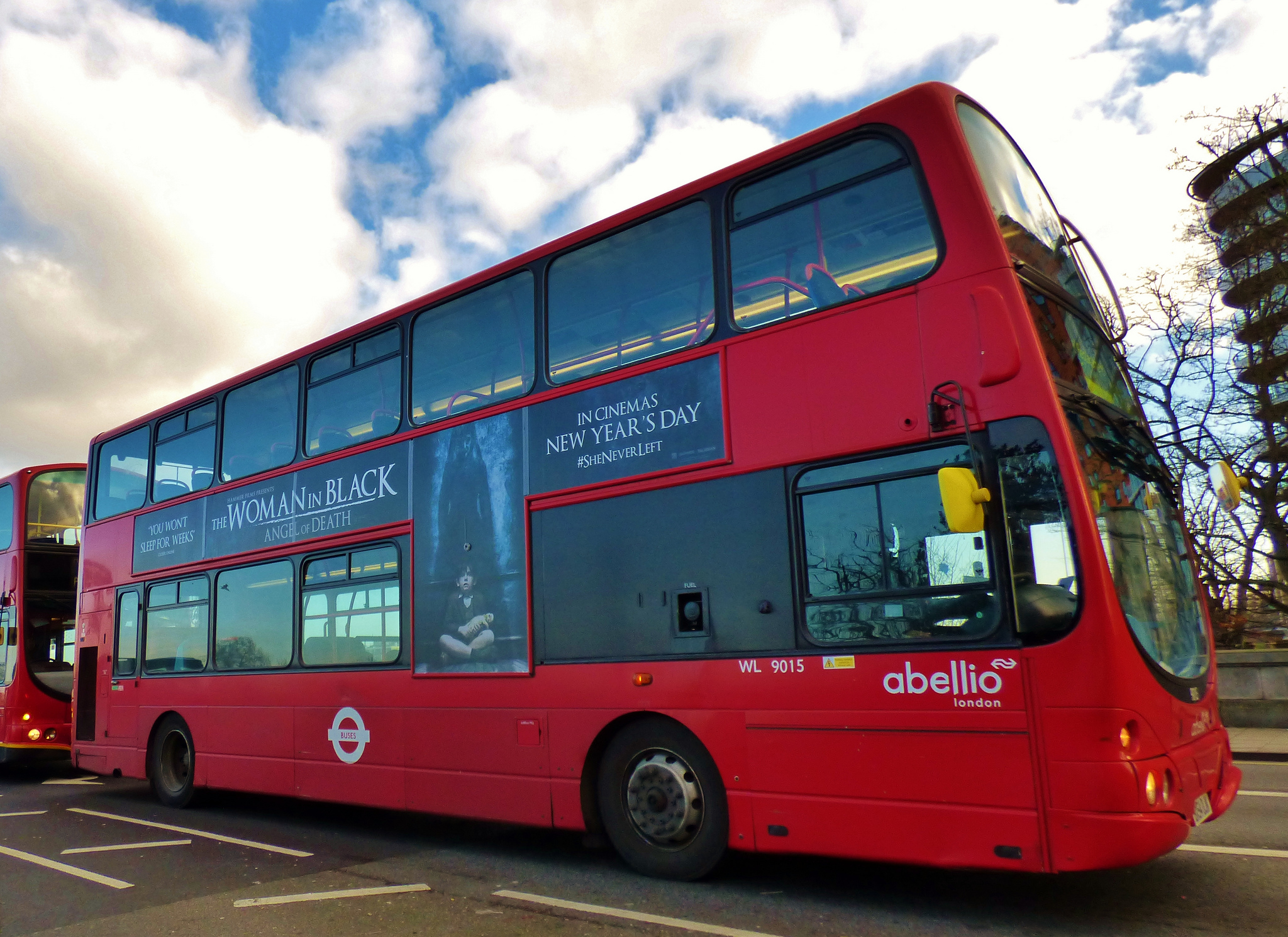
If the 707s are otherwise unwanted, why is the leasing company in a position to demand high fees for them? Surely the fee should reflect the demand for them and their utility?
If the DfT orders 30 trains away from Southeastern to other franchises as rumoured then voila – SE have to find 30 new trains at short notice.
After the financial crash the government used public funds to bail out the banks. The same banks have been encouraged by government to create “profit taking” consortiums to lease trains back to “government owned” operators, i.e., a magic money tree!
Meanwhile, the banks are giving a return of 0.05%.on my modest savings.
I presume that means Crossrail won’t be starting this year after all
To be honest I cannot see Crossrail starting until mid 2020 at the earliest. But I really hope i am wrong on this,